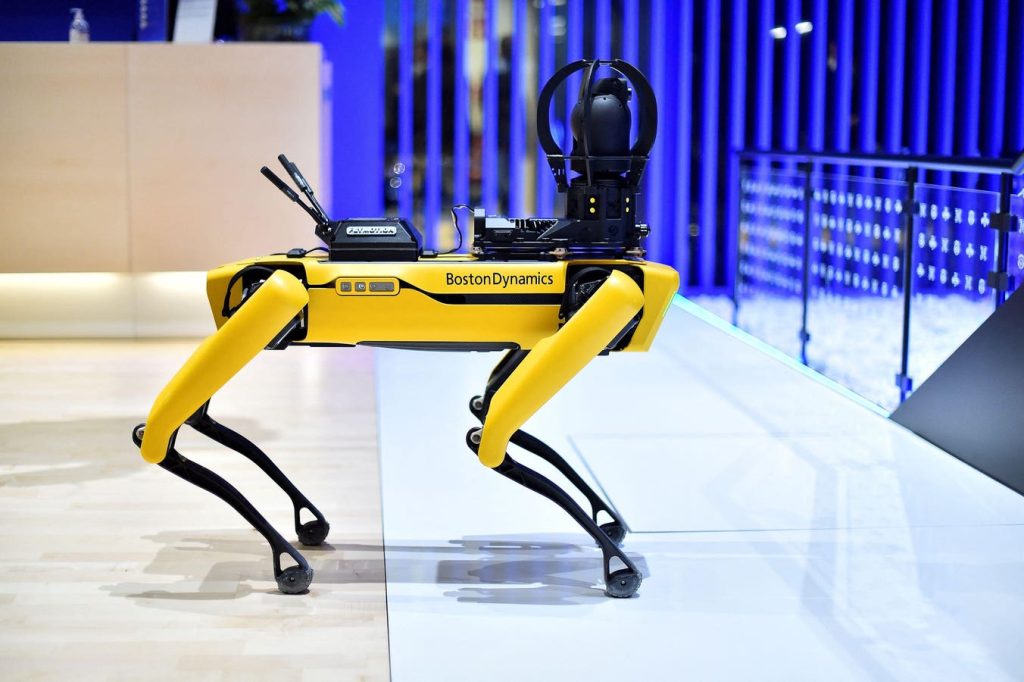In recent years, there has been a surge in the development and use of AI technologies in the construction industry. While initially, there were many thought pieces on the potential impact of AI on the industry, there are now actual technologies from companies that are already available and being used by construction firms. These technologies range from home remodeling applications that allow individuals to visualize and share their project ideas with professionals to robots that can provide high-resolution images of construction sites for monitoring progress and safety.
One example of AI technology in construction is a drywall installation robot developed by Canvas that can autonomously finish large sections of drywall, changing the way drywall teams operate. Another example is a ChatGPT-based application by Togal.ai that allows construction companies to upload documents and have conversations with the AI model to get answers to questions quickly and accurately. This is expected to save time and improve accuracy for estimators, allowing them to focus on higher-value tasks.
Resolve, a Bay Area-based company, is offering virtual and augmented reality apps that use AI to create immersive VR walkthroughs of job sites. These apps help with safety inspections, emergency procedures, and collaboration among team members. In a case study, Resolve saved a construction client over $3 million by identifying potential issues during virtual review sessions that would have been missed with traditional review methods. Similarly, OpenSpace.ai enables workers to capture videos on job sites and automatically convert them into BIM designs for project monitoring and updates.
Drones are also being used in the construction industry with AI-powered analytics tools, such as those offered by Skycatch, that can automatically extract data from images and videos captured by drones. These tools are used to project job progress, identify safety hazards, and streamline maintenance issues on construction sites. The integration of AI technology in drones has expanded their capabilities beyond aerial photography to data analysis and decision-making support for construction projects.
Overall, the use of AI in the construction industry is transitioning from hype to reality, with numerous startups developing innovative applications, hardware, and robots that are set to transform the way construction projects are carried out. With a steady stream of new AI technologies entering the market and a flood of innovations expected in the coming years, business owners in the construction industry are advised to embrace these advancements and adapt to stay competitive in the evolving landscape. The future of construction is being shaped by AI, and those who start incorporating these technologies now will be better positioned to succeed in the industry.


